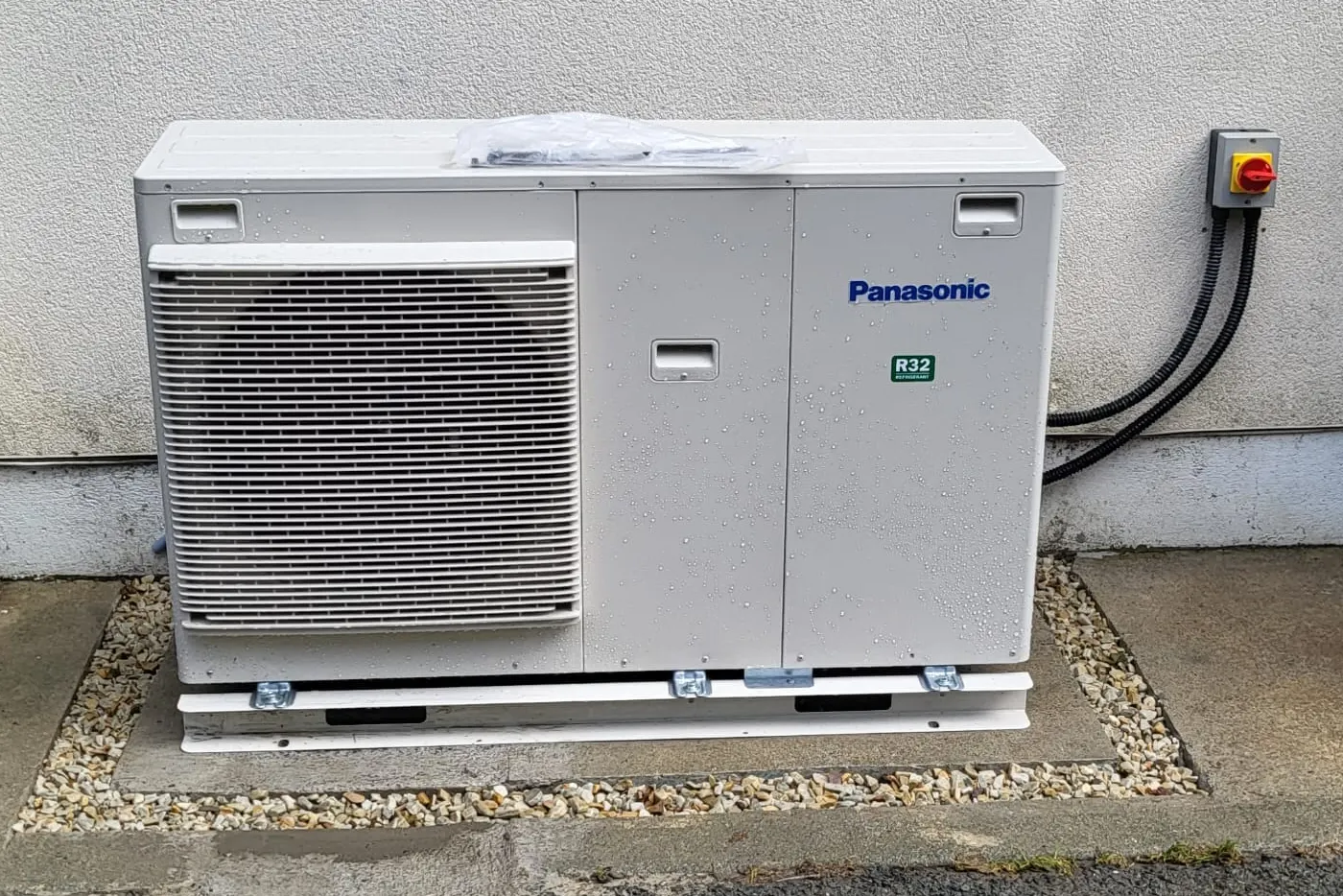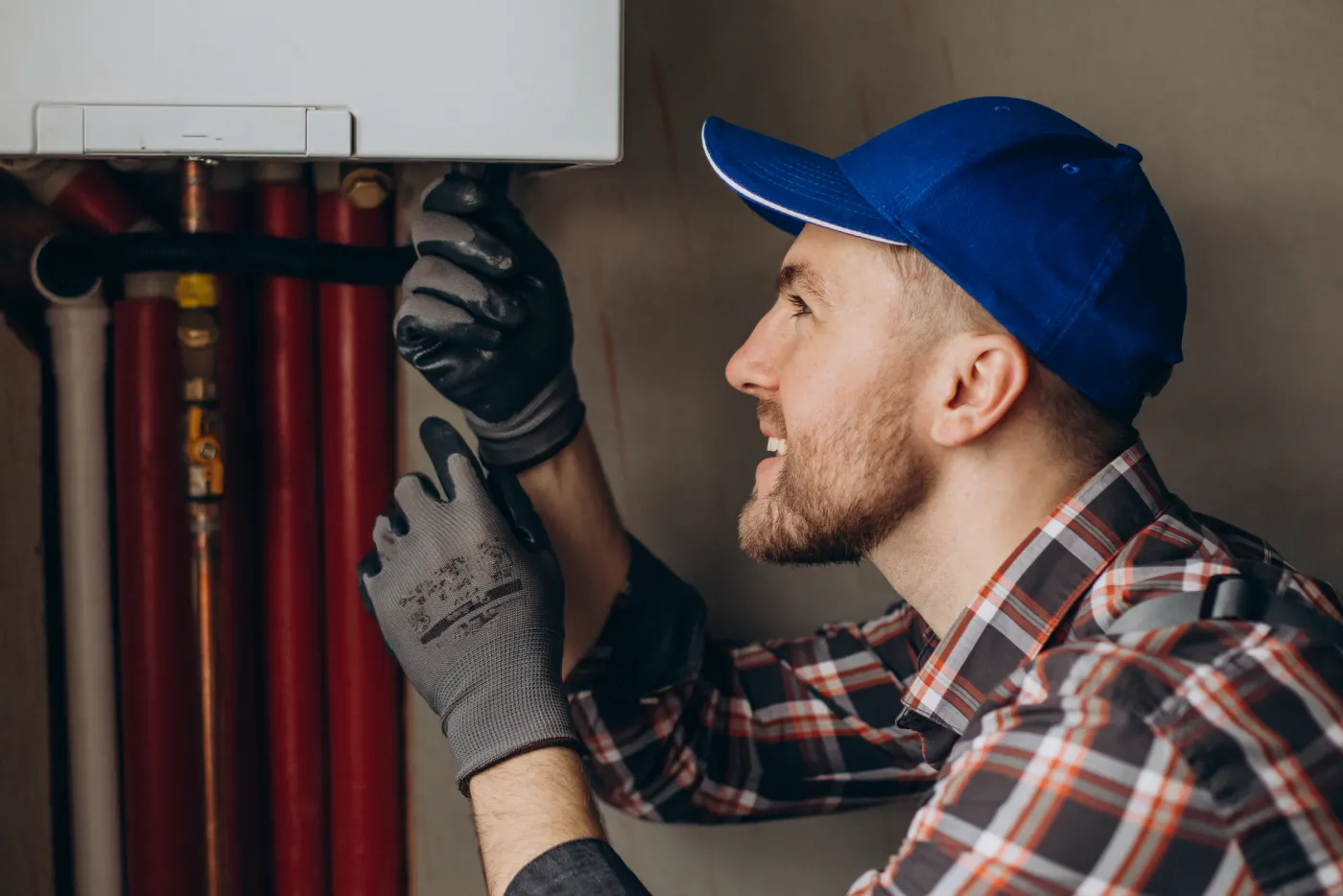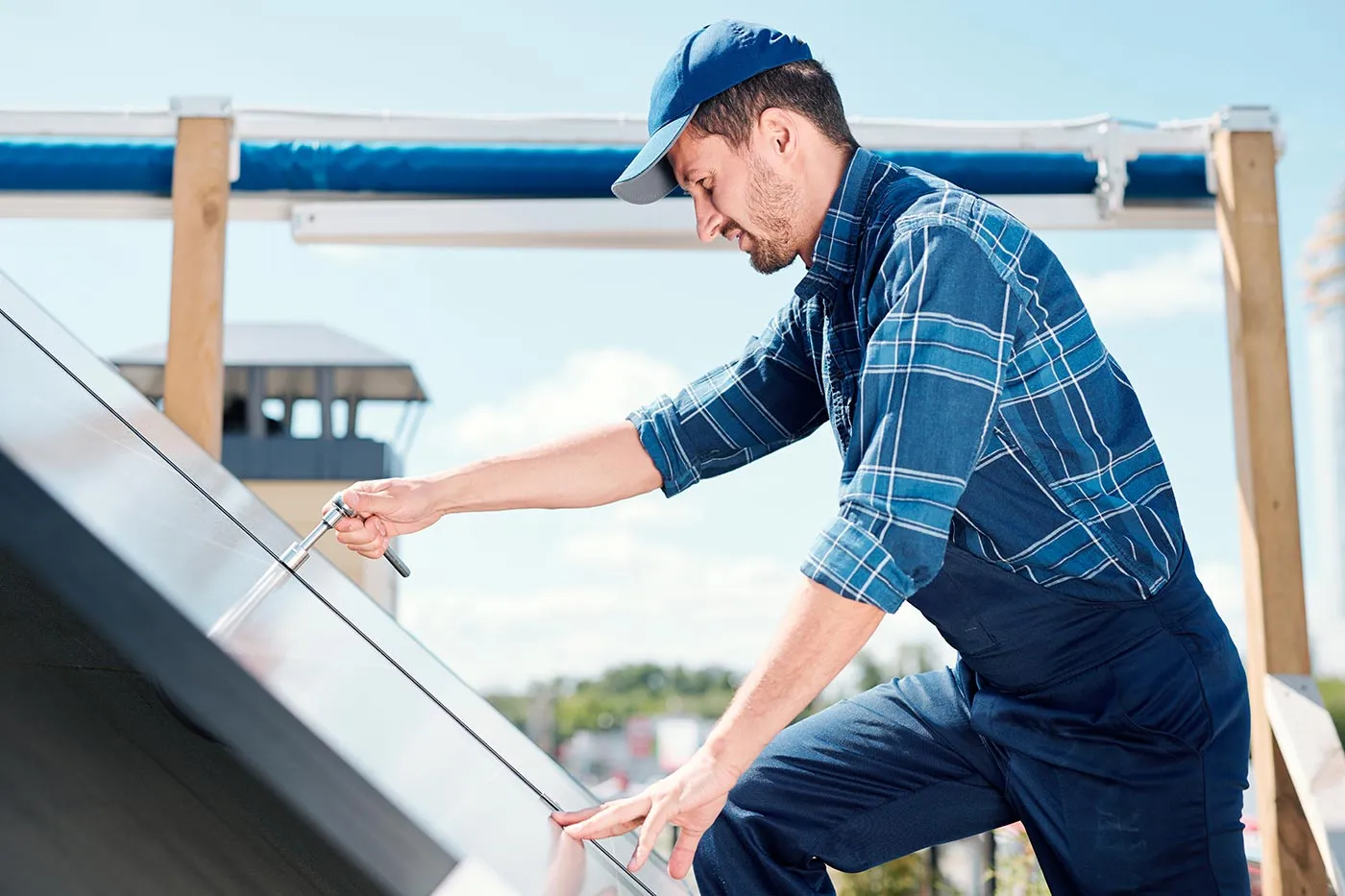- 085 876 8753
- Dublin Road, Dundalk, Co Louth, Ireland
Heat Pumps
Specializing in Green Technology
Ecological Way
What are Heat Pumps?
A heat pump is a device that transfers heat from one place to another, typically from a lower-temperature source (outside air) to a higher-temperature. It can act as both a heating and cooling system, depending on the needs of the space or application.
There are different types of heat pumps, but the most common is the air to water heat pump which is ideal for retrofitting.
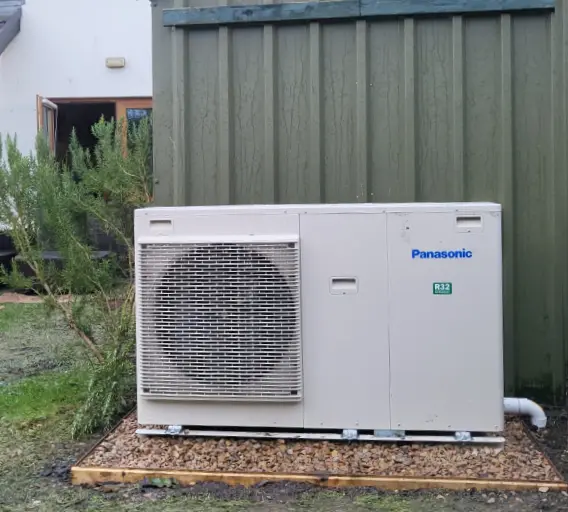
Renewable and Sustainable Power Energy Sources

Ecological Way
What are the advantages of Heat Pumps?
The main advantages of Heat pumps are that they are a much more efficient and Carbon Neutral form of home heating. If they are installed under the right circumstances they can be a very efficient and cost effective way of heating your home.
When combined with a micro-generation system like PV-Solar panels the carbon footprint of the building reduces significantly, and over time saves you money on heating and electricity.
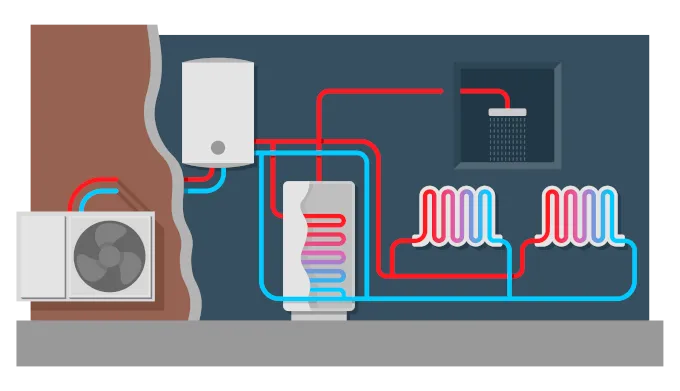
How do they work?
Heat pumps work like a fridge but in reverse. They extract heat from the air and transfer this heat from one location to another using the following principles
Evaporation The refrigerant in the heat pump evaporates at low pressure and absorbs heat from the outdoor air. This part is the fan unit that sits on the outside of the outside of the building.
Compression: The vaporized refrigerant is compressed, which increases its temperature. This part of the heat pump sits inside the building and exchanges the heat into the air directly or the heating system.
Condensation: The hot pressurized refrigerant releases its heat to the indoor air as it condenses into a liquid.
Expansion: The liquid refrigerant is expanded to a low-pressure, low temperature state and the cycle begins again.
For example, in a typical installation Solaris Green Energy fit what is known as a Air to Water heat pump. This system will draw air from outside the property and heat the water in radiators in each room and the hot water cylinder for to be used in showers and baths.
How efficient are heat pumps?
Heat pumps are very efficient in comparison to traditional Oil-fired boilers used in most houses. They typically are electrical devices connected to your electricity supply.
They have a coefficient of performance (COP), which is a term comparing the amount of energy used to run the heat pump to the the corresponding energy produced by it. The COP value is usually a ratio number and most heat pumps on the market have a COP value of 4, meaning that for every 1kW of electricity used, you get 4kW of energy produced.
This makes them much more efficient than typical oil or gas-powered heating systems.
How do heat pumps operate on a day-to-day basis?
A heat pump works differently from a traditional oil or gas central heating system, there is no need for you to switch on and off the heat pump like you would with a boiler.
The user sets a desired temperature on the internal thermostat, and sensors in the heat pump monitor both the external and internal temperatures, heating the water in the system and the room to the desired temperature automatically.
Do heat pumps improve my BER Rating?
Yes if the house is well insulated and if installed under the correct conditions a heat pump can bring a lower energy B2 house up to a B1 or an A rating. This will depend on the type of installation involved and the current BER rating of the house building.
Can a heat pump be combined with other green energy solutions in my home?
Yes, in fact – they work better that way! Whether you want to generate your electricity via PV-Solar Panels, harvest the power of wind or even just feed warm water from thermodynamic heating solar panels into your system, the result will always be a more efficient heating system!
How much do heat pumps cost?
There are many considerations when installing a heat pump. The considerations include the size of the heat pump, its capacity and the size and location within the property.
Solaris Green Energy recommends that there is a Technical Assessment carried out before any installation commences. This is crucial to ensure that the heat pump can run as efficiently as possible and is as cost-effective to the householder.
A typical cost varies between €8000 and €15000 or more depending on the installation. The cost of the installation is reduced by the current grant SEAI grant scheme, which awards up to €6500 for houses and €4500 for apartments. These grants are available to properties rated B2 or higher in BER.
Got any further questions?
If you are interested in hearing further about heat pumps and how they can help you save money on your heating bills contact us today.
Phone: 085 876 8753
How Our Solar Team Works
Step
01.
Meet Consultant
Express your interest, doubts ideas and opinions. And our specialist will provide all relevant answers and clear all doubts and guidance for securing grants and loans.
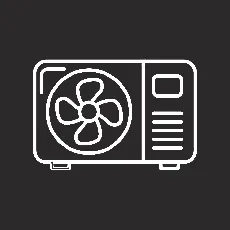
Step
02.
Request qoute
Our technical experts will give you a visit and check all the technical possibilities and limitations and provide quote.

Step
03.
Deposit
Before installation, we require a small deposit to be paid. In case we are not in a situation to install the system due to some technical reasons whole amount is refundable.

Step
04.
Installation & connection
Our team will professionally install the heat pump and you can start enjoying the benefits of the heat pump heating and cooling system.
Quality Professionals
Heating Services
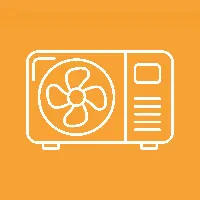
Ready to revolutionize your heating system? Dive into the world of heat pump grants
Smartest Way to Generate Electricity
We Offer a Wide Range of Quality Solar Panel Installation, Heating, Plumbing and Energy Efficiency Solutions.
Explore
Services
About
65 Muirhevna,
Dublin Road, Dundalk, A91X9H3
Co Louth, Ireland
© Copyrights are Reserved by Solaris Green Energy | Designed & Developed by Trove Digital

